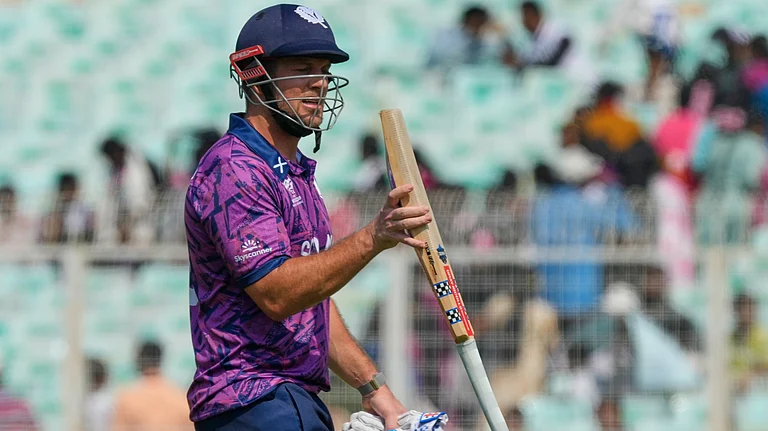As an editor for Picador, isn't there a conflict of interest between you as an author and you as a nurturer of other authors?
I see my work for Picador as a way out of the full-time writer's isolation, which can be intense. It is my way of connecting with the larger world, of keeping in touch with what other people are doing. I cannot stop being amazed by the vast slate India presents to its writers. There is so much to write about, so little has been done.
What works as a catalyst for you?
I can't write anything until an idea possesses me completely. In the case of The Romantics, defining the narrator's identity and his tone set me off. The plan-a small-scale intense drama featuring a cosmopolitan cast of characters-was with me in a different form for many years. I even wrote a draft where I was pretending to have that omniscient third-person voice which knows and understands everything, all characters and situations. I was writing in that clever, metropolitan voice that's become the trademark of Indian writing in English-the Butter Chicken in Ludhiana voice. But The Romantics is truer to my own experience: the narrator with the small-town background and bookish knowledge who approaches the world very tentatively, through hesitations, indecisions, blind alleys and reevaluations.
Do authors' personal history impact on the truth of their work?
It certainly does. You start with your own experience but the novel very quickly takes it out of your hands and processes it in unexpected ways-a novelist lies a lot to maintain the illusion of truth. I thought of Samar as someone struggling, and ultimately failing, to understand the ways of the modern world with his book-learning. It's a common enough failure, as colonials, we are all inescapably romantic, longing for other worlds, for fulfilment through ideas, things the West's introduced us to. To deny that is also to be inescapably romantic.
Are you, like Samar, a Brahmin? What does caste mean to you?
In cultivated metropolitan circles caste is a source of mild embarrassment. But you can't get away from it in the rest of India. So, yes, I was never less than aware of having this inherited identity of a Brahmin. I can see now how the idea of dignity that came with the sense of one's Brahminness -the dignity that in my family's financially insecure circumstances, was always under threat-was what made me think about writing as a way out. I am of course aware of the great injustice and cruelties of the system, but I also know that that idea of dignity, no matter how ridiculous it may seem to others, kept me from settling down to some badly-paid government job, it gave me another sense of possibility, it made me work harder.


























